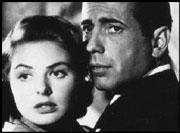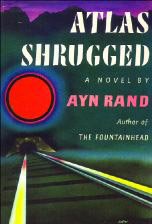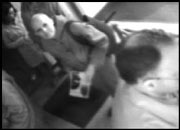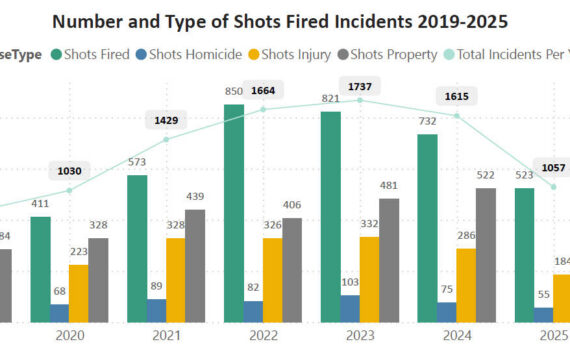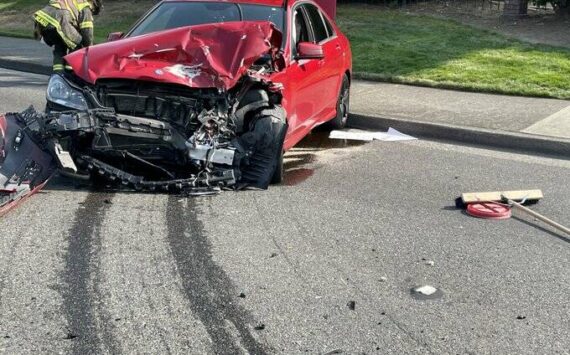ONE MONTH TO THE DAY after Sept. 11—the day everyone’s still talking about—classes are cancelled at the University of Washington. So why are the lecture halls packed?
In a state-of-the-art Mary Gates Hall auditorium, students aren’t fighting to stay awake—they’re fighting for a seat. There are too many heads in back, and they’re blocking the projector. The professor says he didn’t expect this kind of attendance. Another crowd of students, staff, and faculty comes in. They’ll have to sit in the aisles.
Across campus in Kane Hall, Daniel Chirot, professor of international studies, is lecturing on ideology, war, and terror. In Gould Hall, Sharon Sutton, professor of architecture, is leading a moderated discussion called “Civic Space in a Multi-Ethnic, Multi-Religious Society.” David Brash, professor of psychology, is giving a talk in another hall on pain, revenge, and retaliation. There are roughly 80 different lectures and moderated discussions planned for the day.
The audience that’s gathered in Mary Gates Hall has come to see a movie. The first image on the screen is the Warner Bros. emblem, in steely black and white, and the second is a cartoonish-looking globe turning slowly, shrouded in mist. The audience is filled with film students and cinema studies faculty, for the most part, so these images are well-known to them: They are the opening moments of Casablanca.
Willis Konick, who first welcomes the group and then sits down to watch from the front row, has titled this lecture “A Prelude to War: How the Film Casablanca Echoes Our Entrance into WWII and How Our New War Echoes Casablanca.”
The fundamental things apply as time goes by, we learn. It’s a crazy world. Anything can happen. At the center of the story, Konick explains after the showing, is Humphrey Bogart’s unasked question to Ingrid Bergman: Do you love me? Or not?
“And let me pose another question,” Konick continues. “Are we at war? Or not?” He asks a student in the front row, “Are we at war, Karen? Or not?” Karen stammers, doesn’t have an answer. “Does everyone see elusive Karen?” he says. “It doesn’t feel like war, does it, Karen?”
Konick reminds the audience of the moments in which Humphrey Bogart’s character is accused of isolationism. “Isolationism was a battle being fought on the American homefront, and we’re faced with it again today. Are we at war? Or not? We don’t live in New York. We don’t see any bombs. We don’t see anyone being sent overseas. This, we are told, is going to be a war in the long run, and the way that we feel about that thought is exactly the mood that enveloped the country when Casablanca came out. The film mirrors a public mood now, and it mirrored a public mood then. This movie catches that moment in history.”
Christopher Frizzelle
